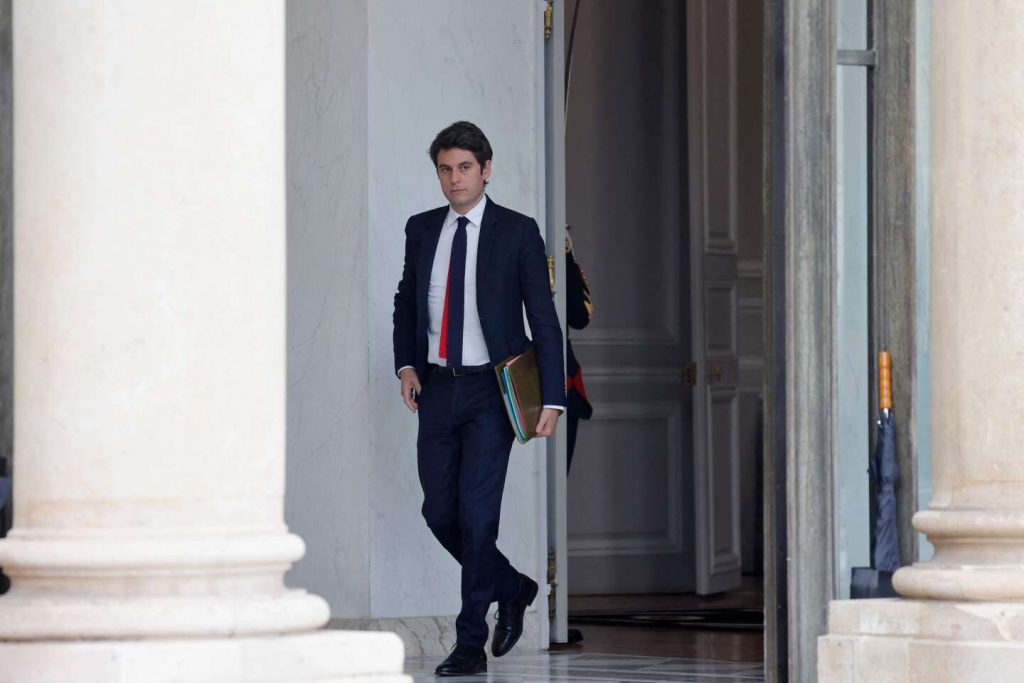Prime Minister Gabriel Attal left the Elysée Palace on April 3, 2024, amid a new reform of the unemployment insurance system that is causing division within the majority. Instead of focusing on this controversial reform, Attal decided to address the issue of taxes during a meeting with the Renaissance group of parliamentarians on April 2. He asked for their proposals on the taxation of rents and suggested the creation of a task force to handle the issue. Attal emphasized the need to take control of the debates surrounding taxation and to make proactive proposals and decisions.
Concerned about the deteriorating state of public finances, several members of the majority have called for a reevaluation of President Macron’s opposition to tax increases. Figures such as Yaël Braun-Pivet and Sylvain Maillard have expressed their concerns during discussions on public finances. In response to the fiscal challenges, various proposals have been put forward by members of parliament, including taxing super profits, suspending promised tax cuts for large corporations, adjusting certain tax breaks, freezing income tax brackets, and increasing taxation on capital, among others.
There is a debate within the majority government about the extent to which taxes should be increased. Some suggest targeting exceptional rents, such as profits from energy companies benefiting from rising energy prices, while others advocate for broader measures, including taxing capital dividends, investment returns, rental income, and profits of large corporations. The President’s office insists that the focus remains on taxing exceptional rents, without providing a clear definition. Attal, on the other hand, has referred to taxation of marginal rents from energy companies and speculative profits in the context of inflation, emphasizing that he is not targeting the savings of French citizens.
The formation of a task force to address taxation issues reflects the government’s response to the growing pressure to reconsider its position on tax increases. Various ideas have been proposed within the majority, including a focus on taxing exceptional profits and preventing tax evasion. The government’s goal is to strike a balance between generating revenue to address public finance challenges and maintaining a tax policy that supports economic growth and job creation. Ultimately, the government aims to address the issue of taxation in a strategic and proactive manner to ensure financial stability and sustainable economic growth.
As discussions continue within the government and among parliamentarians, the focus remains on finding a balanced approach to taxation that supports economic growth while addressing public finance challenges. The task force established by Prime Minister Gabriel Attal will play a key role in developing proposals and recommendations on taxation of rents to address the current economic challenges facing the country. The government’s willingness to engage in discussions and consider various options demonstrates its commitment to finding effective solutions to the issues at hand. Ultimately, the government aims to address the issue of taxation in a manner that promotes economic growth and financial stability while ensuring social justice and equality for all citizens.


